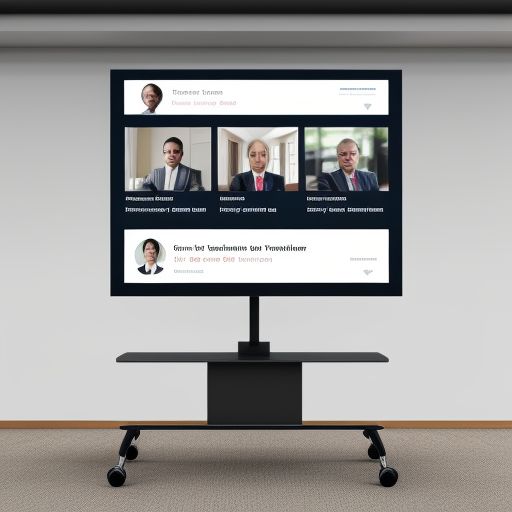
In today’s digital era, the demand for virtual event planning services has surged, revolutionizing how organizations and individuals host gatherings. The global virtual events market, valued at approximately USD 236 billion in 2023, is projected to reach USD 1,066 billion by 2032, growing at a compound annual growth rate (CAGR) of 18.8% during the forecast period
Understanding Virtual Event Planning Services
Virtual event planning services encompass the comprehensive organization and execution of events conducted entirely online. These services include webinars, virtual conferences, online trade shows, and digital workshops. Professional planners handle all aspects, from selecting suitable platforms and coordinating technical requirements to managing content and ensuring seamless attendee engagement.
Benefits of Virtual Event Planning Services
- Cost-Effectiveness: Hosting events virtually eliminates expenses related to venue rentals, travel, and accommodation, making it a budget-friendly alternative.
- Global Reach: Virtual events transcend geographical boundaries, allowing organizers to connect with a worldwide audience, thereby enhancing participation and diversity.
- Flexibility and Convenience: Attendees can join from any location, increasing accessibility and convenience, which can lead to higher attendance rates.
- Data Analytics: Digital platforms provide valuable insights into attendee behavior, engagement levels, and feedback, facilitating data-driven decision-making for future events.
Key Components of Successful Virtual Events
- Engaging Content: Develop compelling agendas and interactive sessions to maintain attendee interest and participation.
- User-Friendly Platforms: Select reliable and intuitive platforms that support various functionalities, such as live streaming, chat features, and breakout rooms.
- Technical Support: Ensure robust technical assistance is available to address any issues promptly, minimizing disruptions during the event.
- Audience Interaction: Incorporate features like Q&A sessions, polls, and networking opportunities to foster engagement and interaction among participants.
Choosing the Right Virtual Event Planning Service
When selecting a virtual event planning service, consider the following factors:
- Experience and Expertise: Look for planners with a proven track record in organizing virtual events similar to yours.
- Customization Options: Ensure the service can tailor the event to meet your specific objectives and branding requirements.
- Technical Capabilities: Verify that the planner has access to advanced technology and platforms to deliver a seamless experience.
- Client Testimonials: Review feedback from previous clients to gauge satisfaction levels and service quality.
Future Trends in Virtual Event Planning
The virtual events industry is continually evolving, with emerging trends shaping its future:
- Hybrid Events: Combining virtual and in-person elements to offer flexible attendance options and enhance engagement.
- Advanced Technologies: Integration of artificial intelligence (AI), virtual reality (VR), and augmented reality (AR) to create immersive and interactive experiences.
- Sustainable Practices: Emphasizing eco-friendly approaches by reducing carbon footprints associated with traditional events.
- Personalization: Utilizing data analytics to tailor content and experiences to individual attendee preferences, increasing relevance and satisfaction.
Conclusion
Embracing virtual event planning services enables organizations to host impactful and engaging events that reach a broader audience while optimizing resources. By understanding the benefits and key components of virtual events, and staying abreast of industry trends, you can effectively leverage these services to achieve your event objectives.
FAQs
- What types of events can be hosted virtually?A wide range of events, including conferences, seminars, workshops, trade shows, and social gatherings, can be conducted virtually using appropriate platforms.
- How do virtual event planning services ensure attendee engagement?Planners incorporate interactive elements such as live polls, Q&A sessions, breakout rooms, and networking opportunities to foster engagement.
- What are the technical requirements for hosting a virtual event?Requirements typically include a stable internet connection, suitable hardware (computers, cameras, microphones), and access to a reliable virtual event platform.
- Can virtual events be monetized?Yes, organizers can monetize virtual events through ticket sales, sponsorships, and offering premium content or experiences.
